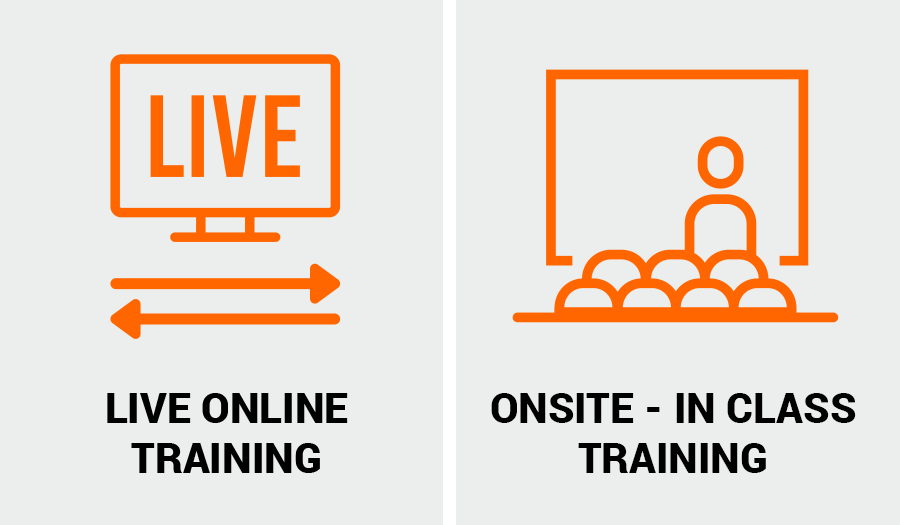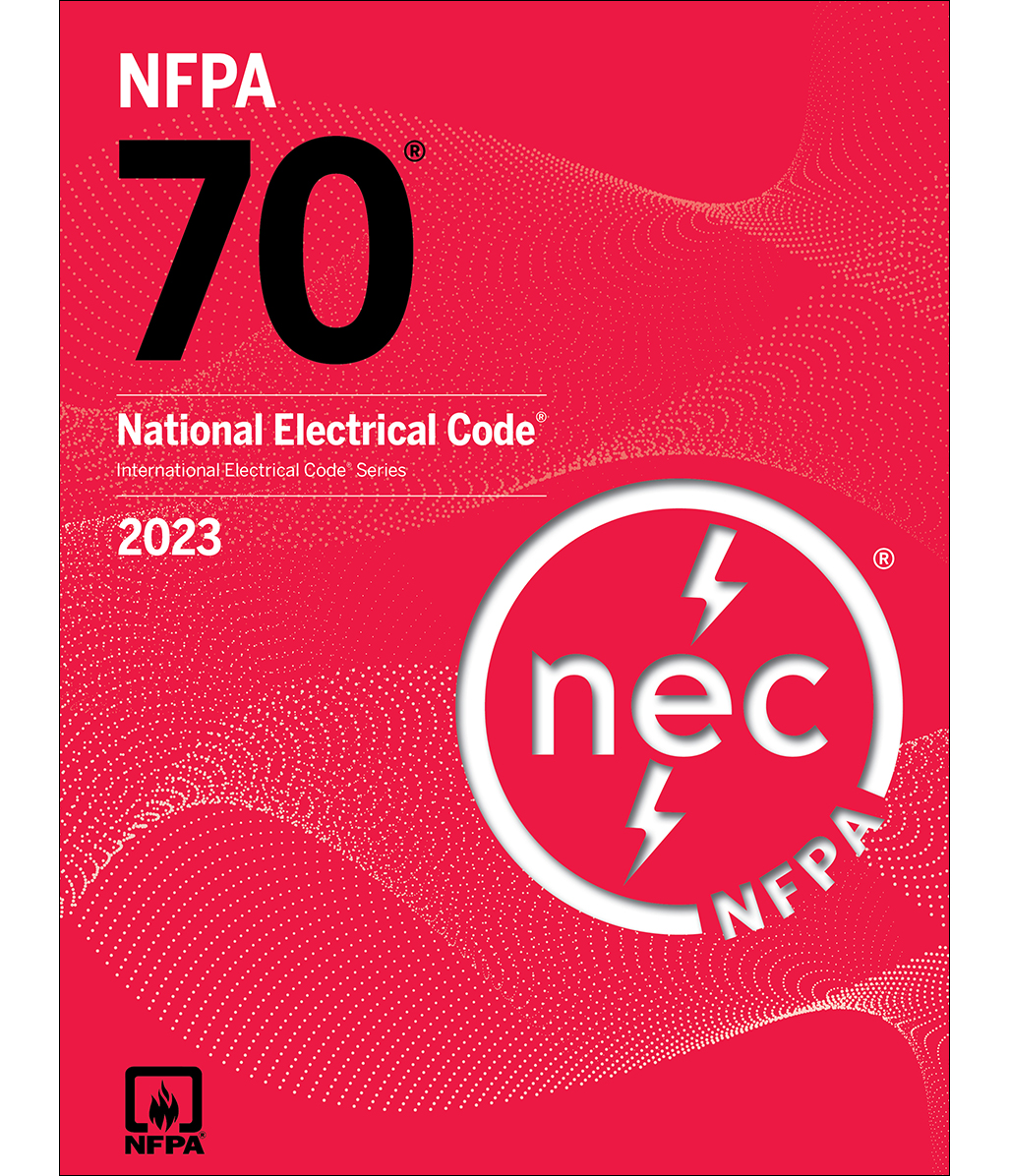NFPA 70B® – Standard For Electrical Equipment Maintenance®
This training program is eligible for an early bird discount of $100 if registered 60 days out (or more) and will be automatically applied at checkout!
$1095
Lecture
2 Days
CEU ELIGIBLE
At the end of this training program attendees will be able to:
- Become Familiar with the Organization of NFPA 70B
- How to Organize & Implement an Electrical Maintenance Program (EMP)
- How to Use the Text & Forms with Real World Practical Examples
- Learn Basic Test and Inspection Procedures, New Technologies, Tips, Case Studies
- Reduce Injury, Unexpected Equipment Failures
Ready to schedule training?
Select Training DatesNeed to speak to someone?
Request More Info Now- Why This Training Program
- Who Should Take This Training Program
- What You'll Learn
- Training Program Description
- Registration
-
Why You should take this training program
NEW – This course is now available via our interactive Live Online Training format. Click Here to ask us about the differences.
The 2023 edition of the NFPA 70B Standard for Electrical Equipment Maintenance has undergone significant revisions since the previous edition. The 2023 edition changed from a “Recommended Practice” to a “Standard.” Per the NFPA, standards contain mandatory provisions and use the word “shall” to indicate a compliance requirement. NFPA 70B covers the preventive maintenance of electrical, electronic, and communications systems and equipment to protect people and property from the risks associated with the failure of electrical equipment.
70B identifies fundamental tests which are required on various types of electrical equipment such as cables, motors, circuit breakers, switchgear, and transformers and other equipment addressed by the standard. These fundamental tests are discussed throughout the training and related to the new Equipment Condition Assessment matrix introduced in the 2023 NFPA 70B.
NFPA 70B Training ROI includes reduced downtime, the implementation of predictive maintenance technologies to coordinate scheduled maintenance, improved uptime & productivity, increased employee morale, improve OSHA compliance and mitigation of insurance costs.
Continuing Education Units (CEUs) and Contact Hours
Download Training Program PDF
Upon completion of this training program, the attendee will receive a certificate of completion. Please contact your state or local licensing agency to determine if this training program is accepted for Continuing Education recognition by the agency.

-
Who Should Take This Training Program
If you work on electrical systems, you should understand the standard and best practices for maintaining them.
People who will benefit from this training include:
- Planners of Electrical Maintenance
- Supervisors of Electrical Maintenance
- Plant Managers
- Electrical Engineers
- Workers Performing Electrical Equipment Maintenance Tasks


-
What You'll Learn
Topics covered during this training include:
- Define Standard vs Recommended Practice
- Reliability Centered Maintenance (RCM)
- Creating an Electrical Maintenance Program (EMP)
- Equipment Assessment
- Maintenance Intervals
- Insulation Resistance Testing
- Infrared Thermography
- Conditions of Maintenance


-
Training Program Description
Module I: Opening Remarks
- Welcome
- Introductions: Instructor and Students
- Ground Rules, Safety
- Course Outline
Module II: Introduction to NFPA 70B
- Introduction to NFPA 70B
- Change to a Standard
- Electrical Maintenance Program (EMP) Overview
- Is it Mandatory?
Module III: Definitions and Tests
- General Definitions
- Fundamental Tests
Module IV: General Requirements
- Condition Based Maintenance (CBM)
- Reliability Centered Maintenance (RCM)
- EMP – 9 Essential Building Blocks
Module V: Personnel Safety
- Qualified Person Requirements and Definition
Module VI: Single Line Diagrams and Systems
- One-Line Drawings
- Short Circuit Studies
- Coordination Studies
- Load-flow Studies
- Reliability Studies
- Incident Energy Analysis
Module VII: Fundamental Tests
- Connections and Terminations
- Insulation Resistance Testing
- Infrared Thermography
Module VIII: Field Testing and Test Methods
- NETA Specifications
- Risk Assessments for Testing
- Online Testing Categories
- Test Equipment Tools
- Test Records
- Conditions of Maintenance
Module IX: Maintenance Intervals
- Continuous Monitoring and Predictive Techniques
- Modifying Maintenance Intervals
- Physical Conditions
- Non-Serviceable Equipment
- Criticality
- Operating Environment
- Equipment Condition Assessment Matrix


-
Contact us regarding questions for your schedule at 1-855-712-7353.
-
1. Select a date and location to register
-
2. Confirm & Checkout
Select Training Location and Date:
By clicking the checkbox below, you certify that...
- You are registering to take this class on behalf of your current employer/company and
- My employer/company is paying for this training
Call (855) 712-7353 for more info on schedule and pricing.
Training Program Pricing
2-Day Lecture: $1,095 / Participant
This training program may be included with other training or as a standalone course. As such, training time depends on training program length as determined by your outcome goals. Please call (800) 922-2820 or CONTACT NTT TRAINING to discuss pricing and your unique training needs.
Don’t see a local training program in your area? Call (855) 712-7353 for more info on schedule and pricing!
100% of NTT's offering can be brought to your facility Request On-Site Training -




